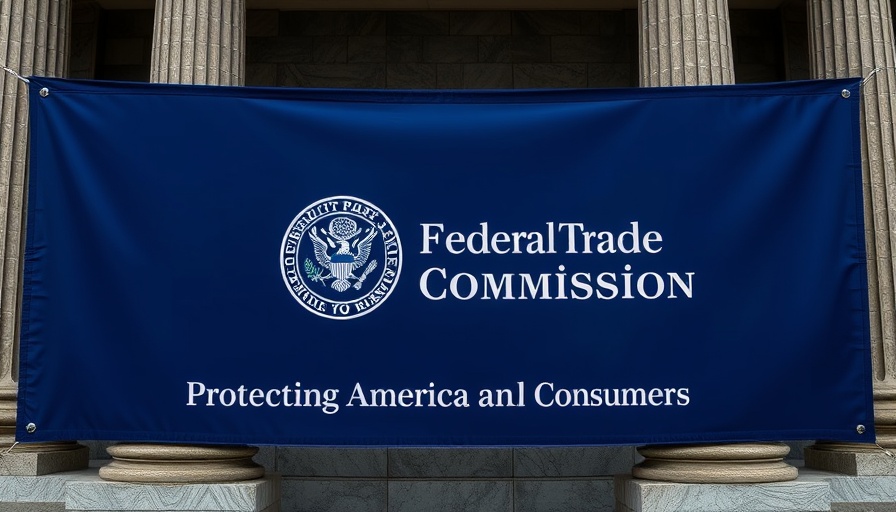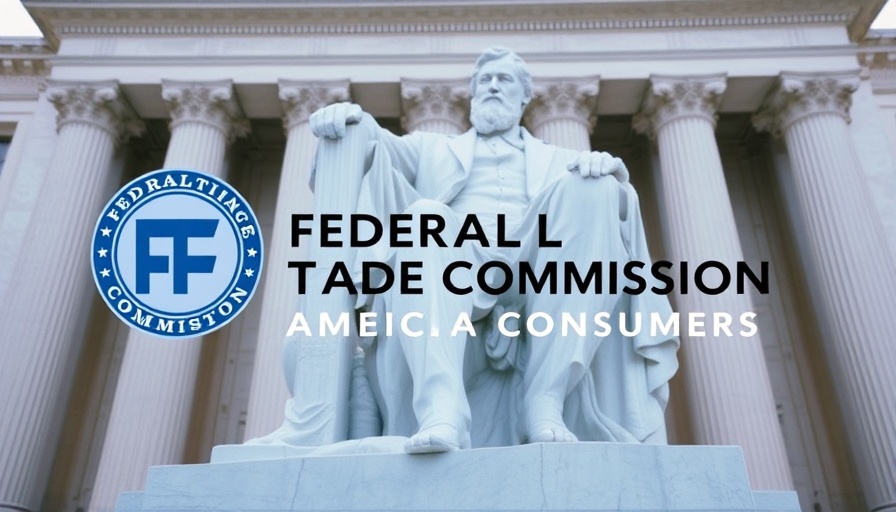
FTC Takes a Stand Against Uber's Deceptive Practices
In a significant move for consumer rights, the Federal Trade Commission (FTC) has filed a lawsuit against Uber Technologies, marking a critical response to growing public concerns over deceptive billing and cancellation practices within the company. The lawsuit, announced on April 21, 2025, alleges that Uber enrolled consumers in its Uber One subscription service without their explicit consent, while obscuring crucial information regarding costs and savings promises.
Consumer Empowerment at the Forefront
FTC Chairman Andrew N. Ferguson stated, "Americans are tired of getting signed up for unwanted subscriptions that seem impossible to cancel." This sentiment echoes broader concerns shared by consumers across various industries, emphasizing the need for transparent business practices. The commission contends that Uber's practices not only misled customers about subscription savings but also made it unnecessarily complicated for them to cancel their memberships.
The Fine Print: Costs and Promises
One of the key allegations in the FTC's complaint is that Uber misrepresents the savings associated with its $9.99-per-month subscription by failing to adequately account for the cost of the service when touting a supposed $25 monthly savings. Many business brokers should think critically about subscription models like Uber One, particularly as such schemes rely heavily on consumer trust and transparency.
Implications for Business Brokers and Entrepreneurs
The implications of this case extend beyond Uber and into the broader entrepreneurial landscape. For business brokers, understanding the intricacies of consumer protection laws becomes crucial as they guide clients in navigating their own service offerings. Potential entrepreneurs should take heed—while subscription models can provide steady revenue, clarity and consumer trust are vital for long-term success.
Taking Action and Protecting Consumers
As Uber faces the FTC's allegations, there is an important takeaway for businesses involved in subscription services: transparency is non-negotiable. This legal battle reinforces the importance of ethical practices in consumer engagement, especially for those entering into agreements in today's market.
In conclusion, as the FTC diligently works to protect consumers from exploitative practices, businesses must remain vigilant in ensuring that their offerings are not only compliant but also fair. Failure to do so could lead to significant legal troubles and consumer backlash.
 Add Row
Add Row  Add
Add 




Write A Comment